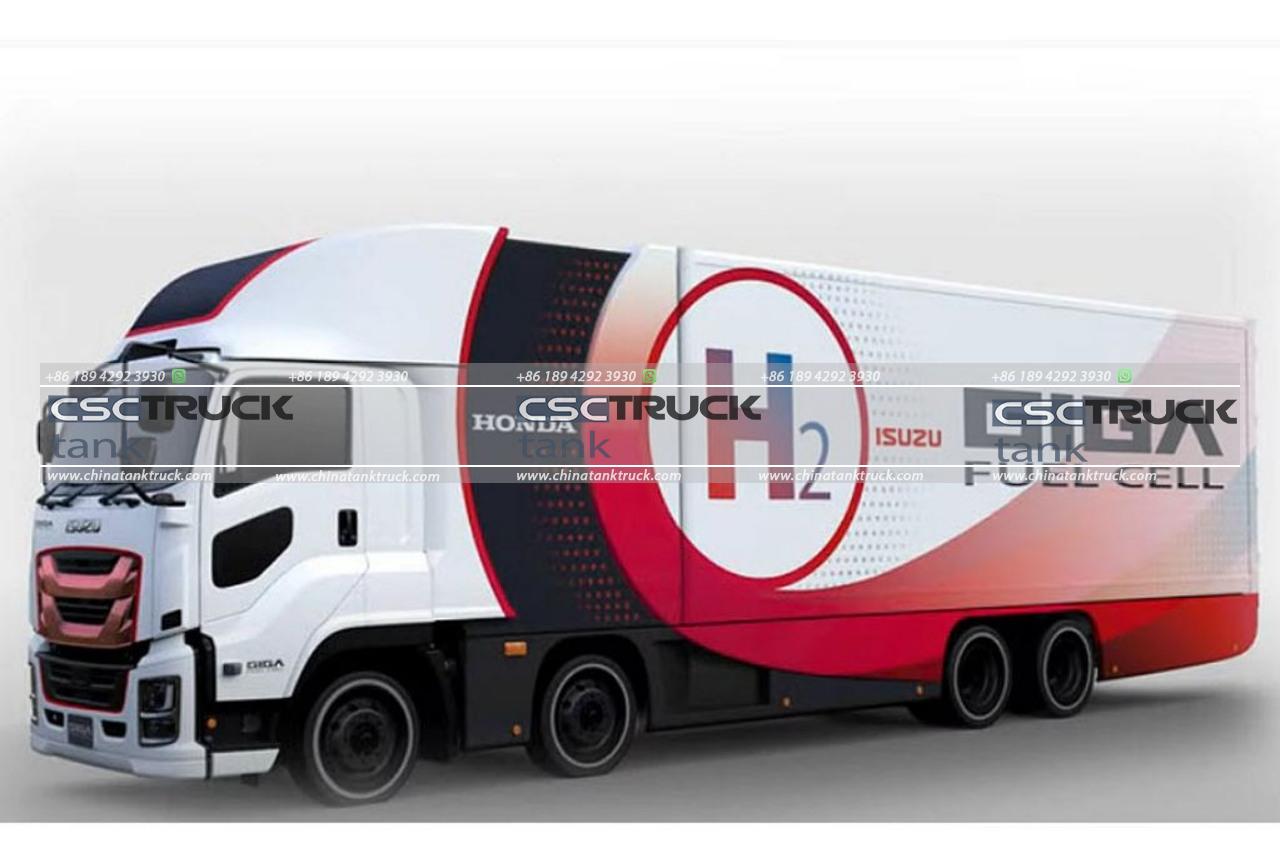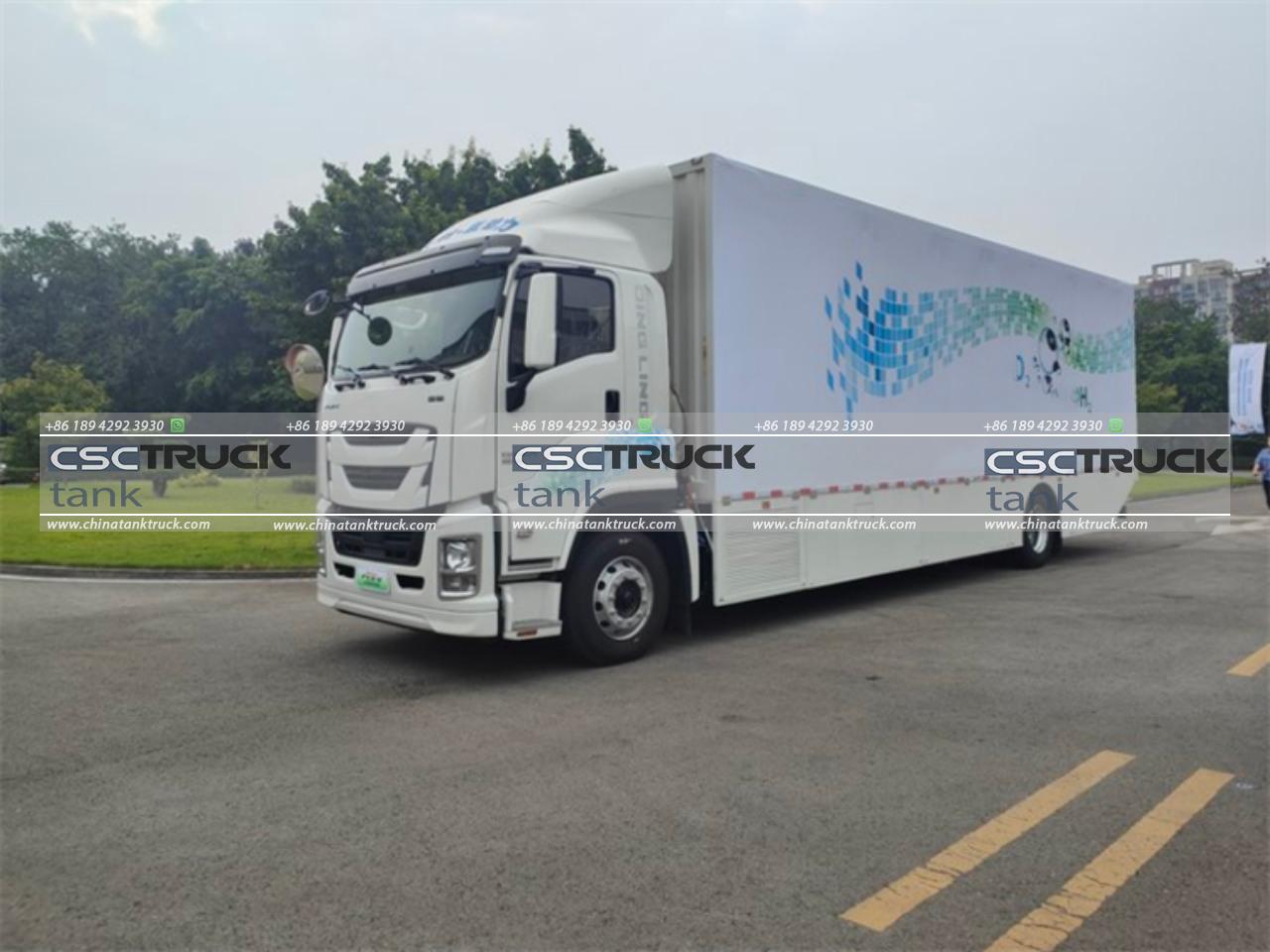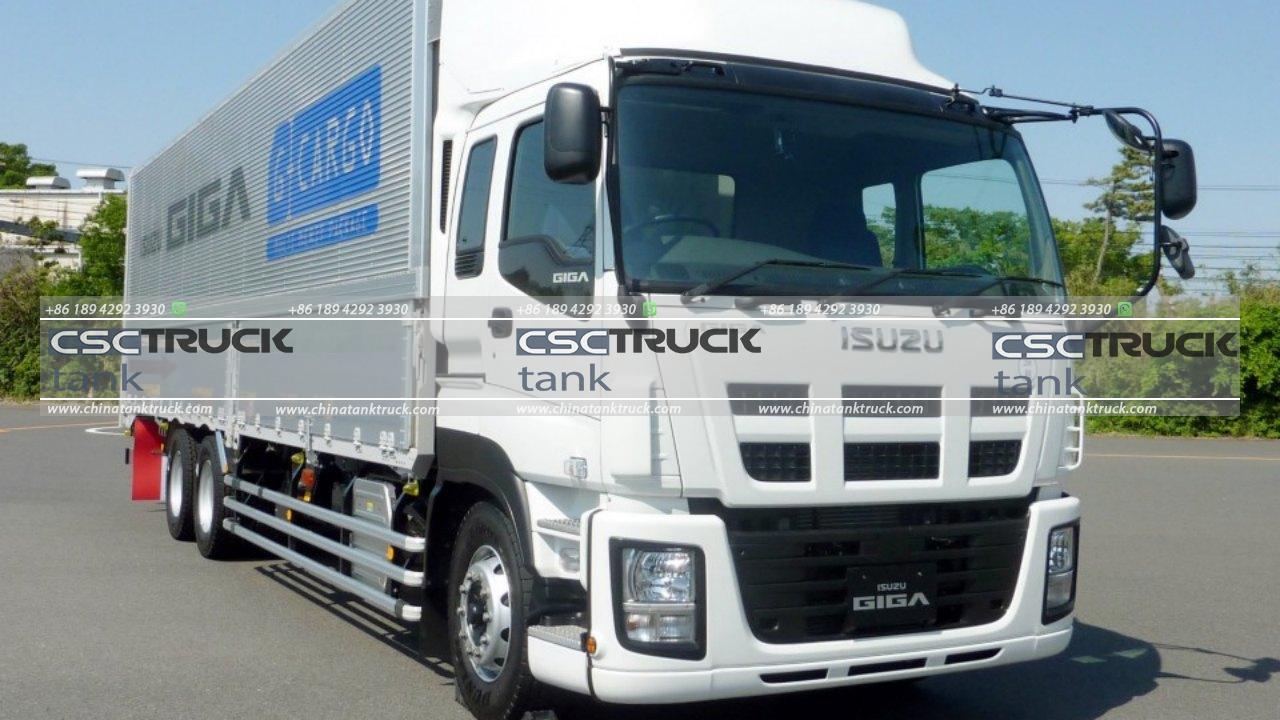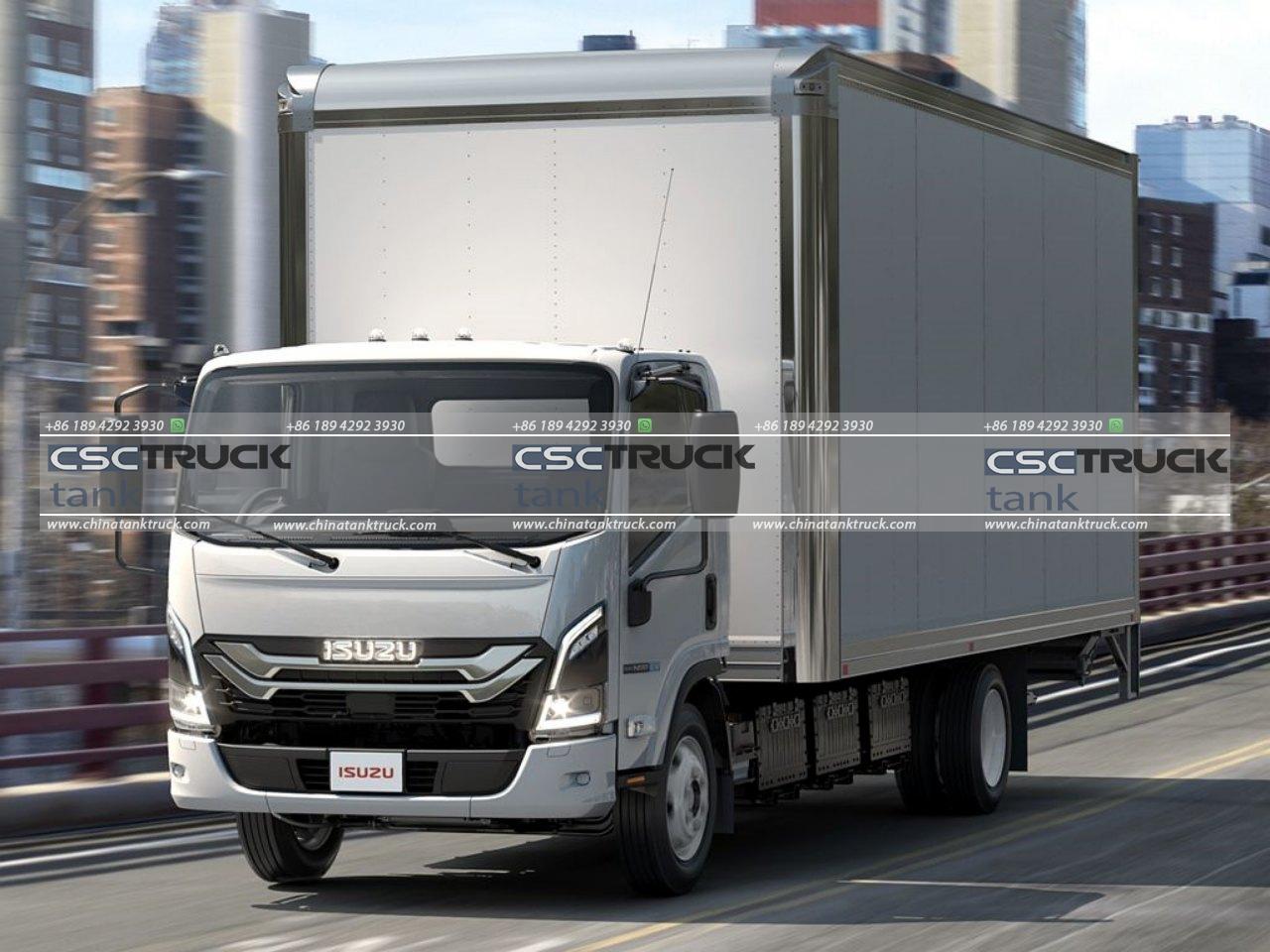What is a Fuel Cell Truck?
Fuel cell trucks are emerging as a pivotal solution in the quest for sustainable transportation, combining cutting-edge technology with environmental consciousness. They are heavy-duty vehicles powered by hydrogen fuel cells, offering an alternative to traditional diesel-powered trucks. With increasing global pressure to reduce carbon emissions, fuel cell trucks are becoming an attractive option for the logistics and transportation industries. This article explores what fuel cell trucks are, how they work, their advantages, challenges, and their role in the future of mobility.
Understanding Fuel Cell Technology
A fuel cell is an electrochemical device that converts chemical energy from hydrogen into electrical energy through a chemical reaction with oxygen. Unlike combustion engines, fuel cells do not burn hydrogen; instead, they use it to generate electricity via an electrochemical process. The primary byproducts of this reaction are water and heat, making fuel cells a zero-emission technology.
In a fuel cell truck, the electricity generated powers an electric motor that drives the vehicle. Hydrogen fuel is stored in pressurized tanks onboard the truck, and the fuel cell system continuously produces electricity as needed during operation. Excess energy can also be stored in a battery pack for use during peak loads.
Key Components of a Fuel Cell Truck
Fuel cell trucks integrate several specialized components to function effectively:
- Hydrogen Fuel Cell Stack
At the heart of the truck, this stack comprises multiple fuel cells that generate electricity through the hydrogen-oxygen reaction. - Hydrogen Storage Tanks
High-pressure tanks (typically rated at 350-700 bar) store hydrogen in gaseous form. These tanks are designed to be lightweight yet extremely robust to ensure safety. - Battery Pack
Fuel cell trucks often include a battery pack to store excess energy and provide power boosts during acceleration or climbing. - Electric Drive System
The electric motor, powered by electricity from the fuel cell or battery, drives the truck’s wheels. - Cooling Systems
As the fuel cell generates heat during operation, a cooling system is required to maintain optimal temperatures. - Control Systems
These manage energy distribution between the fuel cell and battery, optimize fuel usage, and monitor the truck’s overall performance.
Advantages of Fuel Cell Trucks
Fuel cell trucks offer numerous benefits, making them a strong contender for the future of heavy-duty transportation:
- Zero Emissions
The only byproducts of hydrogen fuel cell operation are water and heat, making these trucks an environmentally friendly alternative to diesel vehicles. - Longer Range
Compared to battery-electric trucks, fuel cell trucks offer a significantly longer range, often exceeding 500 miles on a single refueling. This makes them suitable for long-haul operations. - Fast Refueling
Hydrogen refueling is comparable to refueling a diesel truck, taking just 10-15 minutes. This efficiency minimizes downtime for fleet operators. - High Payload Capacity
Hydrogen tanks are lighter than large battery packs, allowing fuel cell trucks to maintain a higher payload capacity. - Energy Efficiency
Fuel cells convert chemical energy into electrical energy with high efficiency, reducing energy waste.
Challenges of Fuel Cell Trucks
Despite their advantages, fuel cell trucks face several challenges that need to be addressed for widespread adoption:
- Hydrogen Production and Infrastructure
Producing hydrogen in an environmentally friendly manner is a significant challenge. Most hydrogen is currently derived from natural gas, a process that emits CO₂. Green hydrogen, produced via electrolysis using renewable energy, is still expensive. Additionally, hydrogen refueling stations are sparse, limiting the operational range of these trucks. - Cost
The initial cost of fuel cell trucks is higher than diesel or battery-electric trucks due to the expensive materials used in fuel cells, such as platinum, and the cost of hydrogen storage tanks. - Energy Density of Hydrogen
While hydrogen has a high energy density by weight, its low energy density by volume requires high-pressure tanks, which add complexity to vehicle design. - Durability and Lifespan
Fuel cell systems have a shorter lifespan compared to internal combustion engines, requiring frequent maintenance and replacements. - Safety Concerns
Hydrogen is highly flammable, necessitating strict safety measures during storage, transportation, and refueling.
Applications of Fuel Cell Trucks
Fuel cell trucks are particularly suited for industries and applications requiring heavy-duty, long-range capabilities:
- Long-Haul Freight
With their extended range and high payload capacity, fuel cell trucks are ideal for transporting goods over long distances. - Municipal Services
Garbage trucks and street sweepers powered by fuel cells are gaining traction due to their quiet operation and zero emissions. - Construction and Mining
Fuel cell trucks are suitable for heavy-duty operations in remote areas where battery-recharging infrastructure is unavailable.
Notable Examples of Fuel Cell Trucks
Several companies are actively developing and deploying fuel cell trucks:
- Nikola Corporation
Nikola has launched hydrogen-powered trucks like the Nikola Tre FCEV, designed for long-haul freight applications. - Hyundai XCIENT Fuel Cell
Hyundai’s XCIENT is one of the first commercially available fuel cell trucks, operating in regions like Switzerland and South Korea. - Toyota and Kenworth Partnership
Toyota and Kenworth have collaborated on fuel cell truck prototypes for port operations in California. - Daimler’s GenH2 Truck
Daimler is developing the GenH2, aimed at long-distance transport with a range exceeding 600 miles.
The Role of Fuel Cell Trucks in the Future of Mobility
Fuel cell trucks represent a key pillar in achieving decarbonized transportation. As governments and industries aim to meet ambitious net-zero targets, hydrogen-powered vehicles are poised to play a crucial role. Advances in green hydrogen production, cost reduction, and infrastructure development will be critical for the widespread adoption of fuel cell trucks.
Investments in hydrogen ecosystems, such as those seen in Europe, Japan, and South Korea, demonstrate growing support for hydrogen-based mobility. Policies offering subsidies, tax incentives, and carbon credits further enhance the economic viability of fuel cell technology.
Conclusion
Fuel cell trucks are more than just an innovative concept; they are a practical and sustainable alternative to diesel-powered trucks, addressing the pressing need for cleaner transportation solutions. While challenges remain, advancements in technology and infrastructure are steadily paving the way for a hydrogen-driven future.
As the transportation industry continues to evolve, fuel cell trucks stand at the forefront of this transformation, offering the promise of reduced emissions, enhanced efficiency, and a sustainable path forward. With the combined efforts of governments, industries, and researchers, these vehicles are set to revolutionize the logistics sector and contribute significantly to global decarbonization goals.





